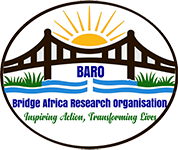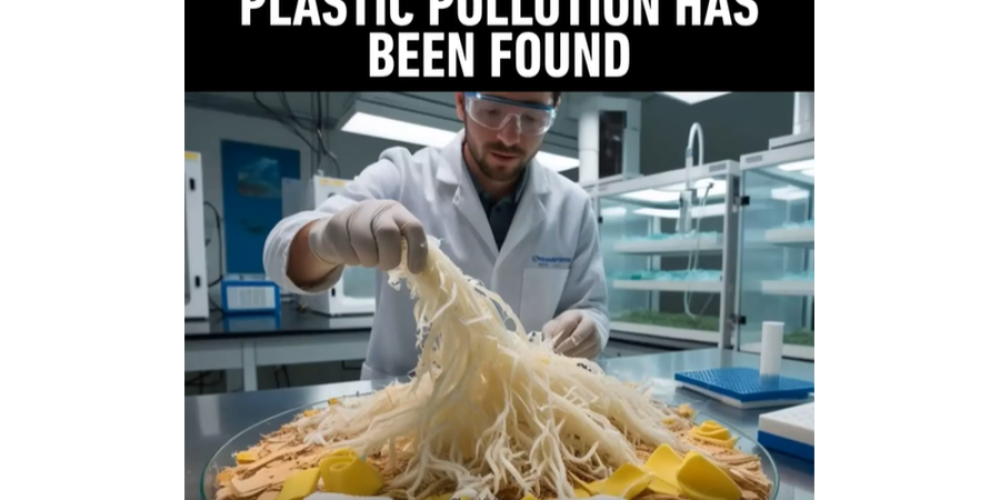The discovery of Pestalotiopsis microspora, a fungus that digests polyurethane, marks a significant breakthrough in environmental science. This rare fungus, found in the Amazon rainforest, has the extraordinary ability to break down polyurethane, a common plastic used in various applications, into organic matter. Notably, it can thrive in environments without oxygen, such as landfills, making it a promising solution for plastic waste management.
This natural recycler has the potential to revolutionize plastic waste management and mitigate the environmental impact of plastic pollution. However, possible challenges include scaling up the process, ensuring the fungus’s stability and efficiency in various environments, and assessing potential unintended consequences. Benefits could include reduced plastic waste, decreased environmental harm, and the development of sustainable waste management practices. If successfully implemented, this technology could contribute significantly to a more circular economy and a cleaner environment.
Read the Article from Linkedin below:
Scientists have discovered a fungus that digests plastic – offering a living solution to one of the planet’s worst pollution problems.
Deep in the Amazon rainforest, researchers discovered Pestalotiopsis microspora, a rare fungus with an extraordinary appetite: it can eat polyurethane, a common plastic used in everything from insulation to footwear.
Even more astonishing, it does this without oxygen – thriving in environments like landfills where most life struggles.
Now studied in environmental labs worldwide, this fungus breaks down plastic by secreting enzymes that dismantle long polymer chains. Unlike many biodegradation processes, this doesn’t just shred the plastic – it metabolizes it completely, turning it into organic matter.
Scientists are exploring ways to scale this process into bioreactors or even sprayable enzyme solutions.
In the lab, petri dishes show the fungus spreading over plastic fragments, leaving behind soft, earthy residue. It’s a natural recycler evolved in one of Earth’s most biodiverse regions – and it might become a key ally in cleaning our planet.
This isn’t science fiction. It’s nature fighting back – with fungus.
What breakthrough in environmental science has impressed you most recently?


